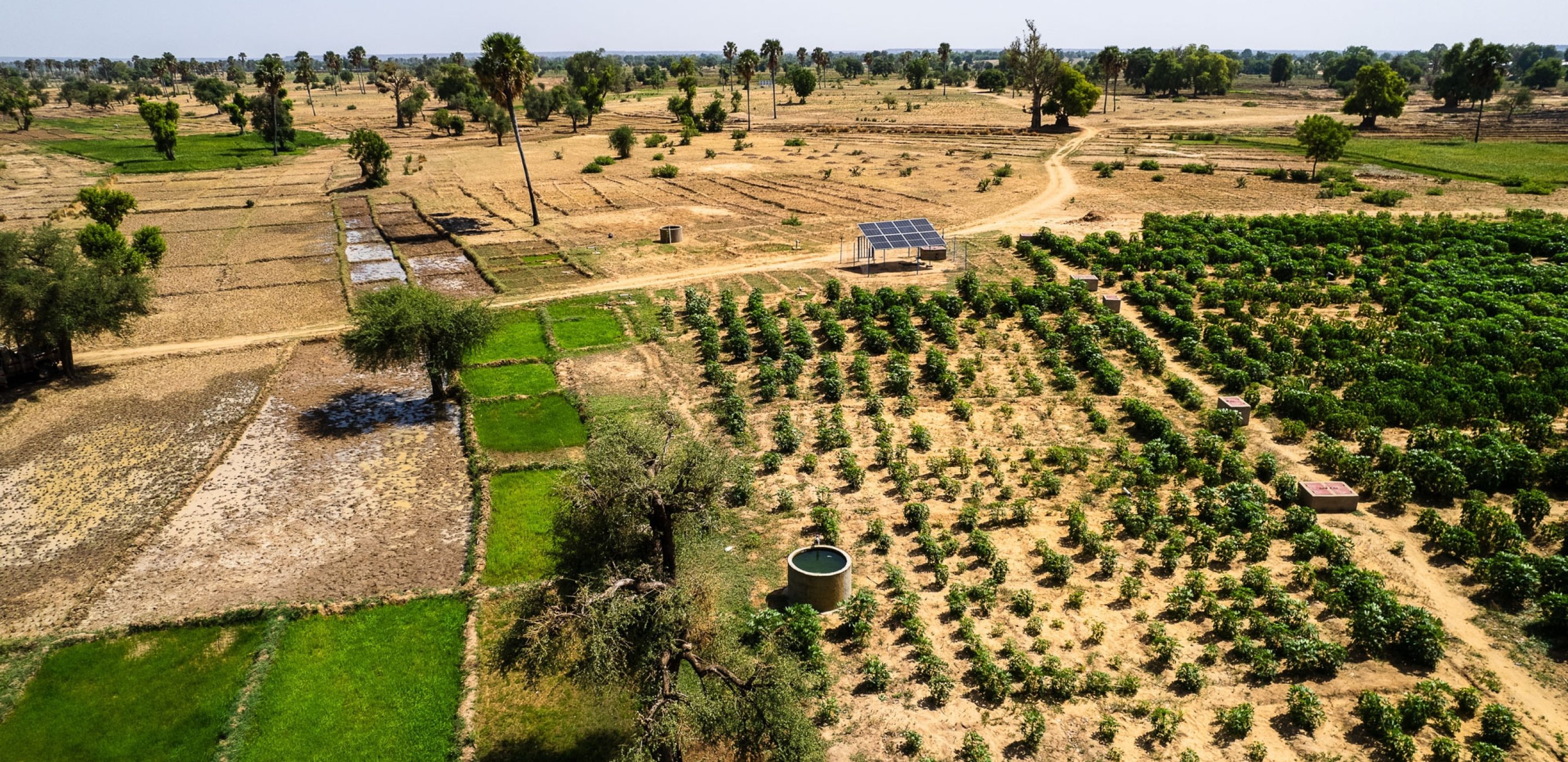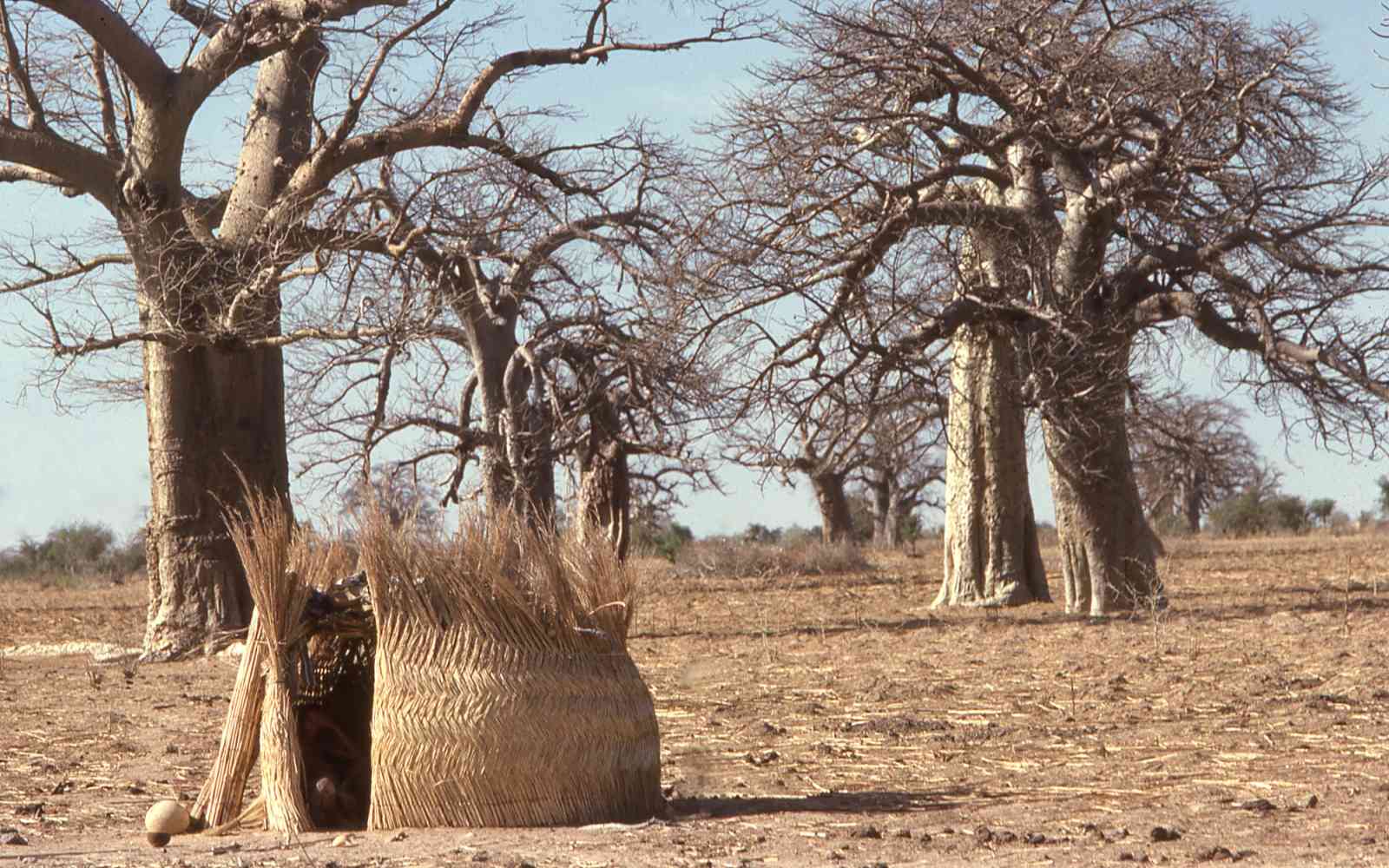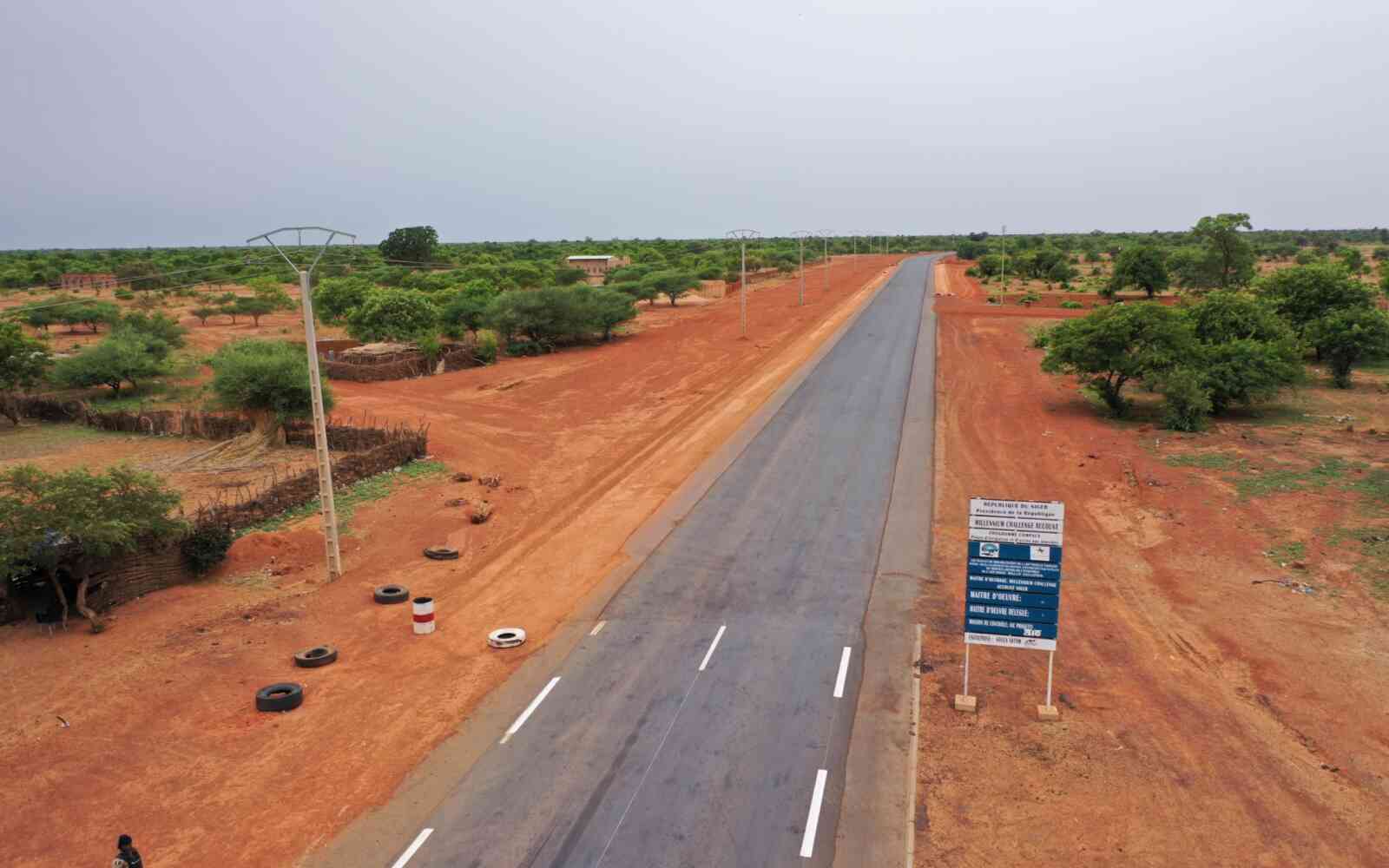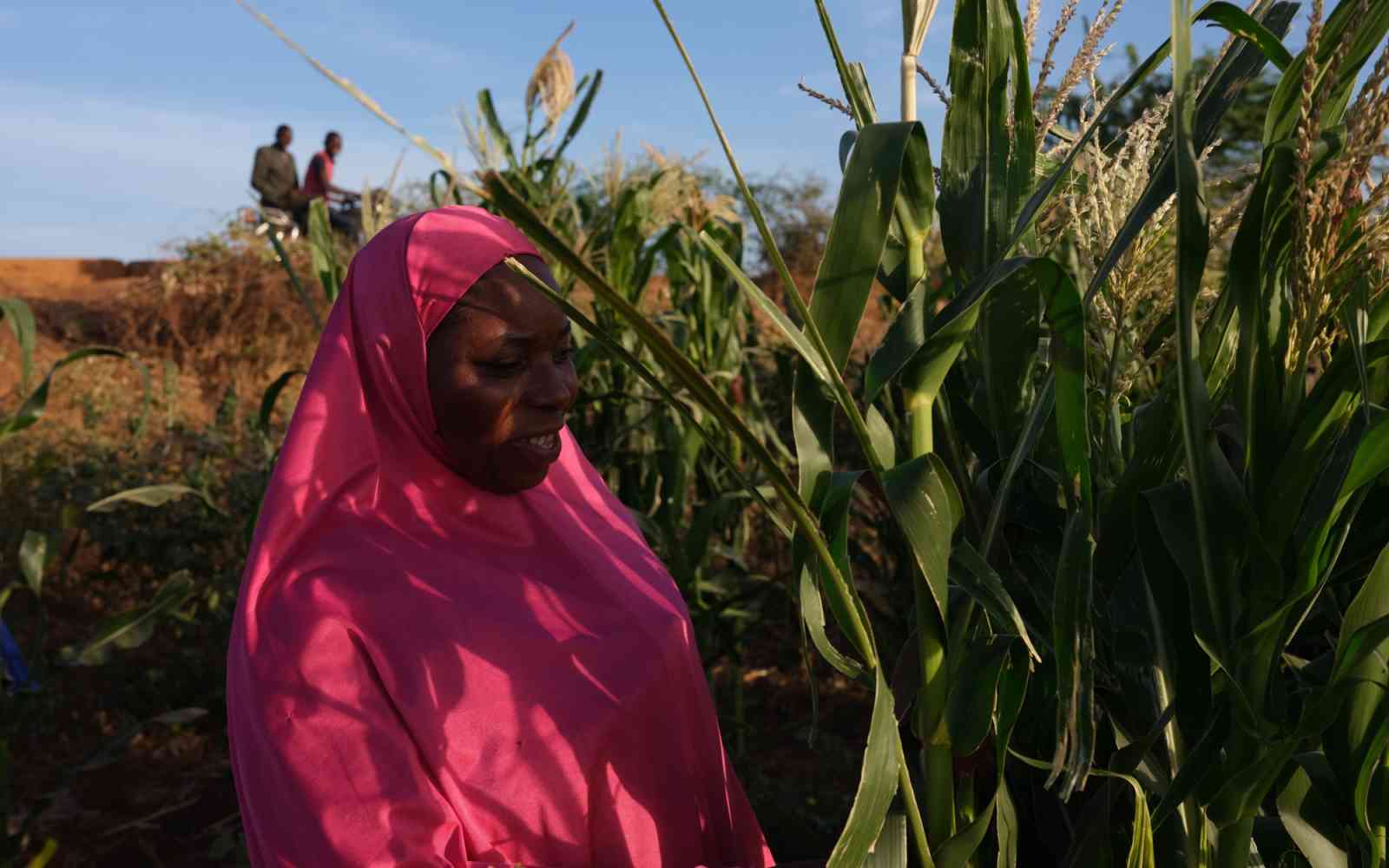The United Nations Office for Project Services (UNOPS)

Promoting food security through sustainable agriculture
In Niger’s Dosso Region, farmers are using solar-powered irrigation systems to boost agricultural productivity.
Climate change is causing temperatures in Niger to rise 1.5 times faster than anywhere else in the world. Changing weather patterns, including recurring droughts, coupled with conflict have wreaked havoc on agricultural production and livelihoods.
To help tackle food insecurity and promote economic growth, UNOPS constructed and rehabilitated irrigation infrastructure as part of a six-year programme funded by the Millennium Challenge Corporation and delivered through the Millennium Challenge Account-Niger.
In Sia-Kounza, a remote area home to more than 35,000 people, new solar-powered irrigation systems are helping farmers to diversify and increase their crop yields.
“Before, we had to use diesel-powered pumps to water our fields. Often, I didn’t have enough money to buy the fuel to use them," he says.
"[But] recently I was able to harvest 20 bags of rice without spending money on any fuel.”
“There has been a significant change. I can now farm more land with the solar pump,” he explains.
The diversification of farming activities is helping improve soil quality and also people’s nutrition.
According to Seyni, other plants have also started to grow, providing an additional food source for the community.
























